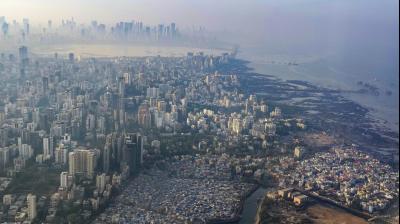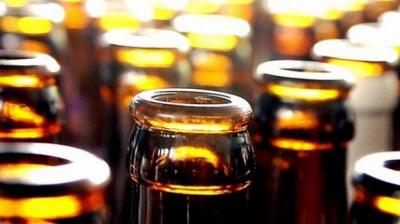NGT to Haryana, Delhi: Address source of pollution
DJB had moved a plea in the tribunal plea alleging high ammonia in water being provided by the Haryana government to Delhi.
New Delhi: In the wake of water shortage in the city due to pollution in Yamuna, National Green Tribunal (NGT) has directed the Delhi and Haryana governments to identify and address the sources of pollution in the river.
The tribunal has ordered Central Pollution Control Board (CPCB) and Delhi Pollution Control Committee (DPCC) to ensure that action is taken against the erring industries responsible for causing pollution.
“Though the issue is with regard to high level of ammonia content in the river water reaching the water reservoir of DJB, the pollution level in that portion of the river passing through Delhi needs to be properly checked,” said a bench, headed by Justice Jawad Rahim.
“In the circumstances, we direct both, Haryana and Delhi to ensure that they identify the source of pollution and address it immediately. The CPCB and DJB shall ensure the guilty industry or local body and other parties causing pollution are properly dealt with appropriately and check the pollution level,” it said
The tribunal also directed that the report submitted earlier by the CPCB with regard to pollutants, needed to be checked again with regard to pollution levels of ammonia downstream at Khojkipur drain No 2 and Khojkipur drain, as figures appearing in it appear to be incorrect.
DJB had moved a plea in the tribunal plea alleging high ammonia in water being provided by the Haryana government to Delhi. CPCB had submitted its analysis report of ammonia at Tajewala in Haryana, Wazirabad water treatment plant, Okhla and ITO barrage in Delhi.


















